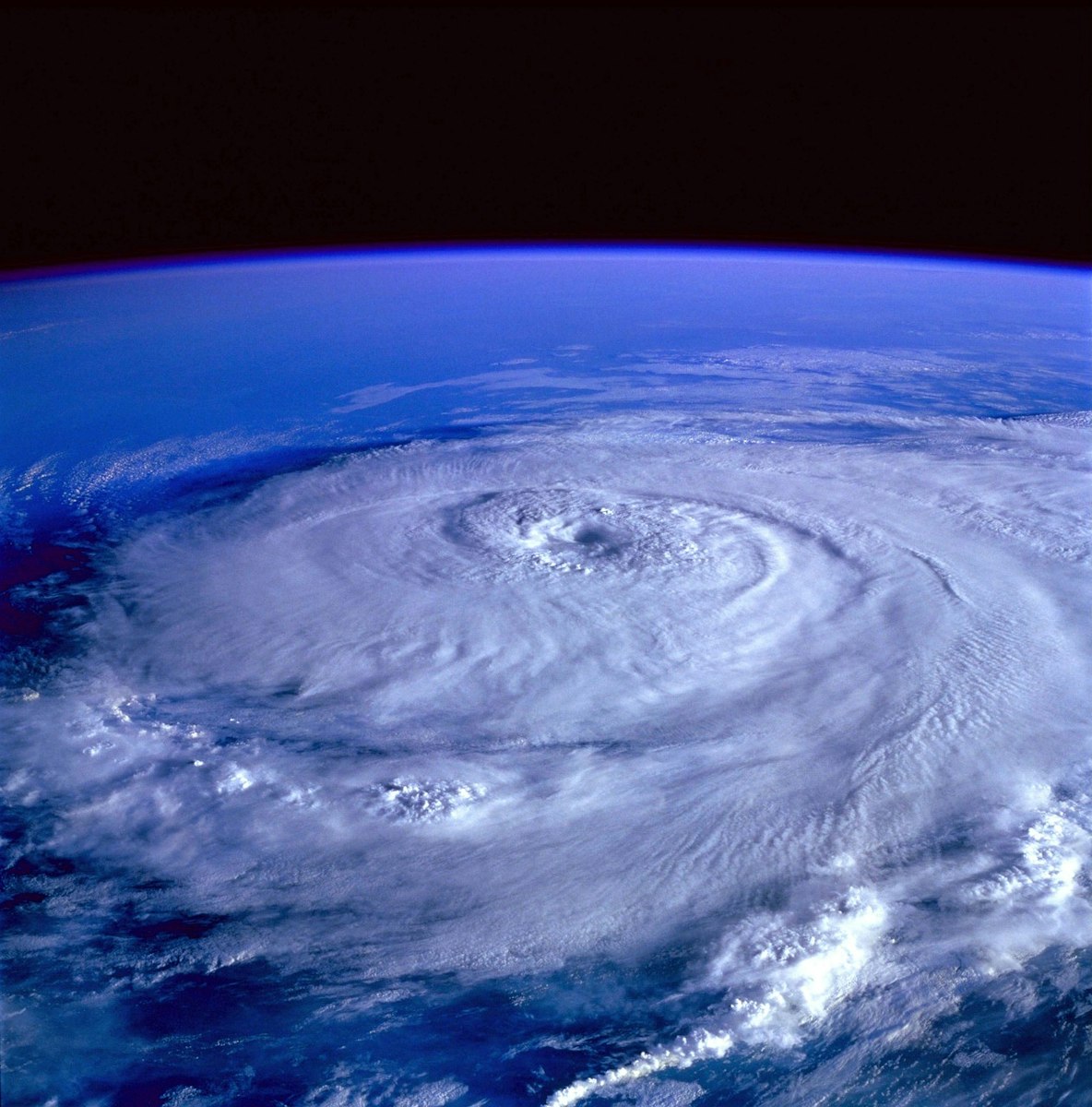
What to Do Immediately After a Hurricane: A Step-by-Step Insurance Claim Guide
Hurricane season in Florida can bring powerful winds, heavy rains, and unexpected damage to your home. While preparing for a storm is important, knowing what to do after a hurricane can be just as critical—especially when it comes to navigating insurance claims. Acting quickly and methodically can mean the difference between a smooth claims process and frustrating delays.
Here’s a practical step-by-step guide for homeowners to follow after a hurricane.
1. Ensure Safety First
Before worrying about property damage, make sure you and your family are safe.
-
Avoid flooded areas, downed power lines, and debris.
-
Wear protective clothing if you must inspect your property.
-
If your home is unsafe to enter, wait for authorities to clear it.
2. Contact Emergency Services if Needed
If anyone is injured or your property poses an immediate hazard, call 911 or local emergency services. Safety always comes first.
3. Document the Damage Thoroughly
Proper documentation is essential for a successful insurance claim.
-
Take clear photos and videos of every damaged area, both inside and outside your home.
-
Include close-ups of broken items and wider shots to show the full extent of the damage.
-
Keep a written record of what was damaged, including approximate value if possible.
-
Preserve damaged property—do not throw anything away until your insurer has inspected it, unless it’s a safety hazard.
4. Review Your Insurance Policy
Before filing a claim, familiarize yourself with your coverage:
-
Check if your policy covers wind, flood, or hurricane damage specifically.
-
Identify your deductible and any special provisions for hurricane claims.
-
Note deadlines for filing claims—Florida has strict timelines that you must meet.
5. Contact Your Insurance Company Promptly
-
Notify your insurer as soon as possible to start the claims process.
-
Provide all documentation and a detailed description of the damage.
-
Keep a record of all communications, including dates, names, and summaries of conversations.
6. Temporary Repairs to Prevent Further Damage
Your insurer may allow temporary repairs to prevent additional damage:
-
Cover broken windows or holes in the roof with tarps or boards.
-
Move undamaged furniture or valuables to a safe area.
-
Keep receipts for any emergency repairs—you may be reimbursed.
7. Consider Professional Help
Hurricane claims can be complicated, and insurance companies may try to minimize payouts. Hiring a lawyer experienced in disaster claims can help ensure you receive the compensation you deserve.
At Diane Zimmerman Law, we specialize in hurricane and disaster claims across Florida, guiding homeowners through every step of the process and fighting for fair settlements.
8. Stay Organized and Patient
The claims process can take time, especially after a major storm. Staying organized and proactive helps protect your rights:
-
Maintain a dedicated folder for all documents, photos, invoices, and correspondence.
-
Keep a timeline of events and repairs.
-
Avoid signing settlement agreements without reviewing them carefully with a professional.
Final Thoughts
Recovering from a hurricane is stressful, but taking timely and organized steps can protect your home and ensure your insurance claim is handled properly. Safety, documentation, and professional guidance are your top priorities.
If you’ve recently experienced hurricane damage, contact Diane Zimmerman Law to speak with an experienced attorney who can help you navigate your insurance claim and maximize your recovery.
